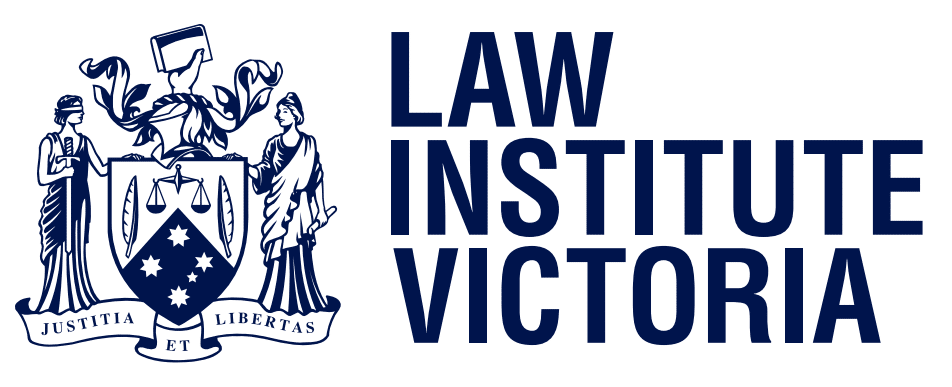Do you have a valid Will? Creating a Will means avoiding the risk of dying intestate and provides clarity for what happens to your assets after your passing.
What does ‘Dying Intestate’ mean?
The meaning of ‘dying intestate’ is dying without a valid Will. Intestacy rules dictate that your estate is administered according to the law of your state or territory. According to Victorian intestacy laws, your spouse or domestic partner will be your automatic beneficiary. If you have children but no partner, your estate will be distributed to your children equally. In cases where the person who has passed away doesn’t have children or a partner, intestate succession law dictates that the following people will be considered as beneficiaries:
- Parents
- Siblings
- Grandparents
- Aunts and uncles
- Cousins.
Why you should create a Will
When you have a valid Will, you are able to choose your beneficiaries and leave your assets to the people who matter most to you. You can determine who in your life will receive special or sentimental belongings, and also ensure that everyone who is important to you can receive a portion of an inheritance, instead of the entire estate going to your partner or children.
Most people create a Will to ensure that their dependants will be adequately taken care of when they die. However, there is a host of other benefits associated with creating a Will.
Prevent stress for your family
The passing of a loved one is already a difficult time, but this can be exacerbated when it’s not clear who will be receiving assets and what should be done about an estate. A valid Will saves time and anxiety for your loved ones who can more easily go through the process of having your assets distributed according to your wishes.
Nominating a guardian
Your Will can include information on who you want to look after your dependent children when you pass away. If both parents pass away, it is important that someone has been decided on to act as a legal guardian.
Ensuring fair distribution of your assets
If giving the same amount of financial assistance to all your children matters to you, you might want to stipulate this in your Will. For example, you may have paid for an older child’s university tuition, so your Will could provide for this for your younger child as well.
Avoiding disputes
Fights over a person’s assets after their death are unfortunately possible in cases where it’s not clear who should inherit, or where people feel that they should receive something. A Will clearly shows your wishes and instructions, making it more difficult for people to dispute and avoiding tensions in the family.
Leaving instructions on digital assets
As we live our lives increasingly online, it’s important that you think about your digital assets as well as your physical ones when doing your estate planning. Your Will can include instructions for accessing your online accounts (such as social media and email) and digital property (such as photos, videos and domain names), and what to do with these after your death.
Providing instructions for your funeral
Your Will can include detail on how you would like your funeral to be, so that your family knows your wishes. It can also note your preferences for a burial, cremation and other options.
Need help?
Do you have an up-to-date Will that reflects your wishes for when you pass away? No? You need a wills and estate lawyer. You need RV Legal. For a confidential discussion, contact us today:
By phone (03) 8340 0436 (24 hour message service)
Or via our online contact form



